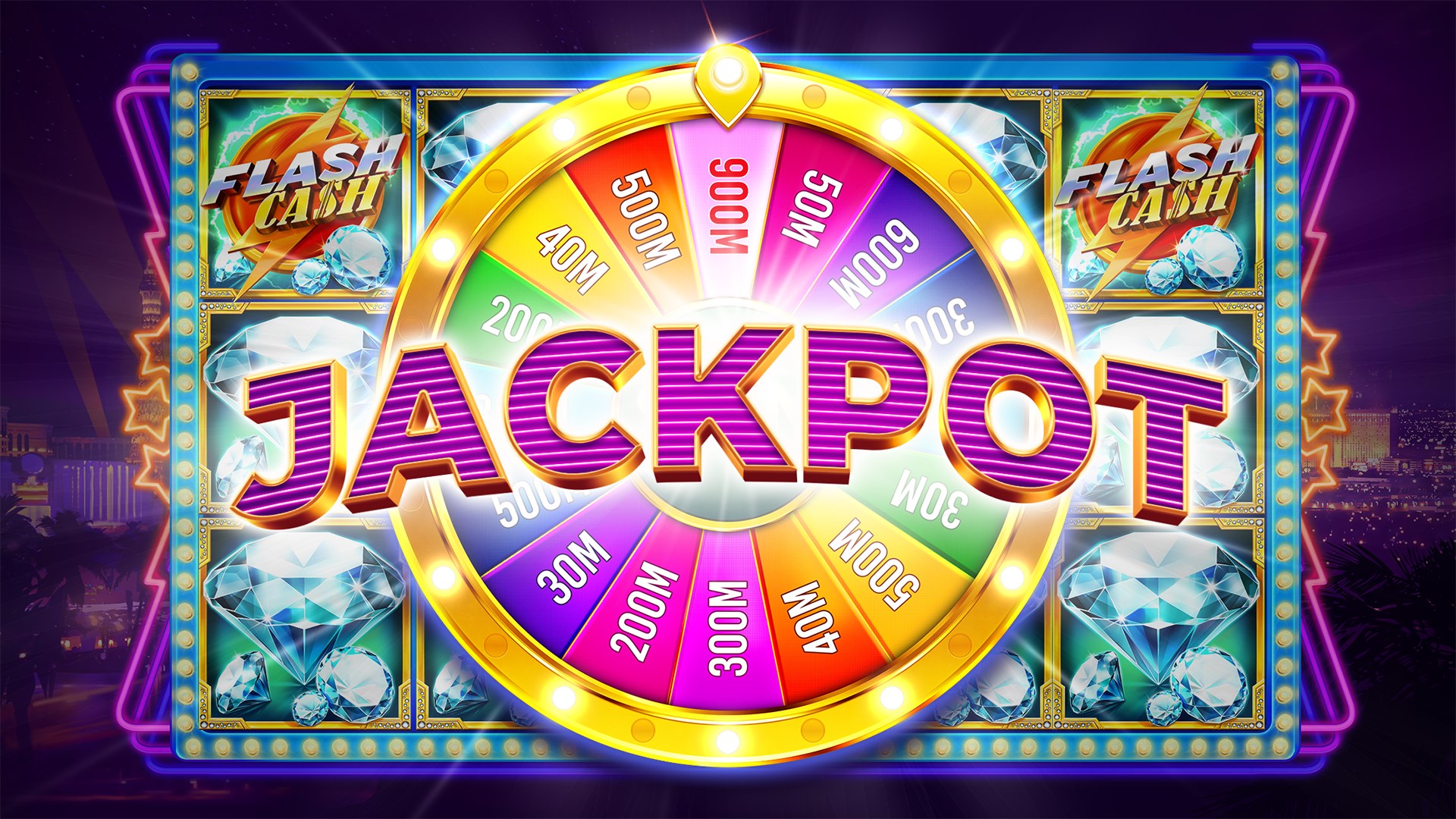Casino games have been a well of amusement and excitement for numerous players around the world. One of the main factors that make these games captivating is the diversity of playing cards employed in various types of games. sv88 Understanding the various types of cards can enhance your gaming experience and improve your gameplay approaches. Whether you are drawn to traditional card games like poker and 21 or newer casino offerings, each game depends on a distinct set of cards that influences the regulations and the rhythm of play.
In casino environments, cards come in various styles, each tailored to meet the needs of specific games. From standard decks to specialized card types, the diversity plays a key role in shaping the mechanics of each game. By familiarizing yourself with these cards and their uses, you can gain deeper insights into the games and make more informed decisions at the table. This knowledge not only enhances your overall gaming experience but also adds to a more sophisticated approach to your chances of success.
Types of Playing Cards
When it comes to casino games, the type of playing cards used can greatly impact the gameplay and strategy. The most common deck is the traditional 52-card deck, which consists of four suits: hearts, diamonds. Each suit contains thirteen ranks, from ace to King. This traditional deck is essential in many games, such as poker, where players aim to create the best hand possible or approach 21 as they can.
Some casino games use unique decks specifically designed for the game itself. For example, the popular game of baccarat often uses multiple decks combined, typically 6 or eight. This not only increases the complexity of the game but also impacts wagering strategies, as participants must consider the increased number of cards in play. Additionally, certain games may bring in joker cards or wild cards, providing further variety and thrill to the gaming experience.
In niche games, specialized decks may come into play. For instance, in games like bridge or Pinochle, players might use specific rules with varied card values or functions. These changes keep the gameplay new and allow for varied strategies to appear. Understanding the different types of playing cards and their particular uses in various casino games is key to enhancing one’s gambling experience and improving overall performance at the tables.
Deck Modifications in Gambling Activities
In gambling games, the type of deck utilized can significantly impact both the gameplay and the tactics employed by players. Most classic card activities, such as 21 and poker, typically utilize a standard 52-card pack. However, modifications do exist where extra wild cards or even multiple packs are utilized. For example, in blackjack, some casinos may employ one to eight decks, which can change the probabilities and the basic strategy required to play effectively. Players must be cognizant of the set of cards makeup, as it affects the casino advantage.
Another frequent variation in casino card games is the use of themed or custom packs. For example, some five-card draw activities might use a set of cards that features unique graphics or designs, which can enhance the atmosphere at the gaming table. These custom packs often function to differentiate between different play types or loyalty initiatives within the gaming establishment. While the standard rules of the activity remain the same, the visual appeal can influence player engagement and enjoyment.
Lastly, the mixing methods used with different types of packs can also impact play. Casinos often make use of automatic shufflers that can effectively reorder multiple decks efficiently, making card counting more difficult. The rate and manner of mixing can vary widely based on the activity and the gaming establishment’s rules. Comprehending these deck variations is important for any player seeking to enhance their tactics and overall enjoyment in casino activities.

Significance of Card Values
In casino activities, the significance of each playing card plays a key role in deciding the result of different activities. Distinct games assign specific worths to playing cards, shaping strategies and player choices. For case, in 21, playing cards ranging two through 10 are valued at their nominal value, while court cards hold a worth of ten, and the Ace can be worth alternatively one or 11. Comprehending these worths allows players to make knowledgeable decisions during play, enhancing their odds of winning.
In the same way, in poker, the significance of card worths extends to hand and hand rankings. High worth playing cards can form stronger combinations, such as two of a kind, straight hands, or flush hands, which are essential for winning in the game. Players must assess not only their own hand but also potential hands their opponents might hold. This strategic complexity adds interest and complexity, making card worths a key factor in the appeal of poker attraction.
Moreover, the psychological aspect of card values cannot be overlooked. Players may use the awareness of card values to mislead or mislead their rivals. By understanding how a playing card’s value can change the game’s dynamics, players can more effectively navigate risks and gains, creating a thrilling environment in casino activities. Whether competing for fun or for real money, knowledge of playing card worths significantly affects the overall gaming encounter.